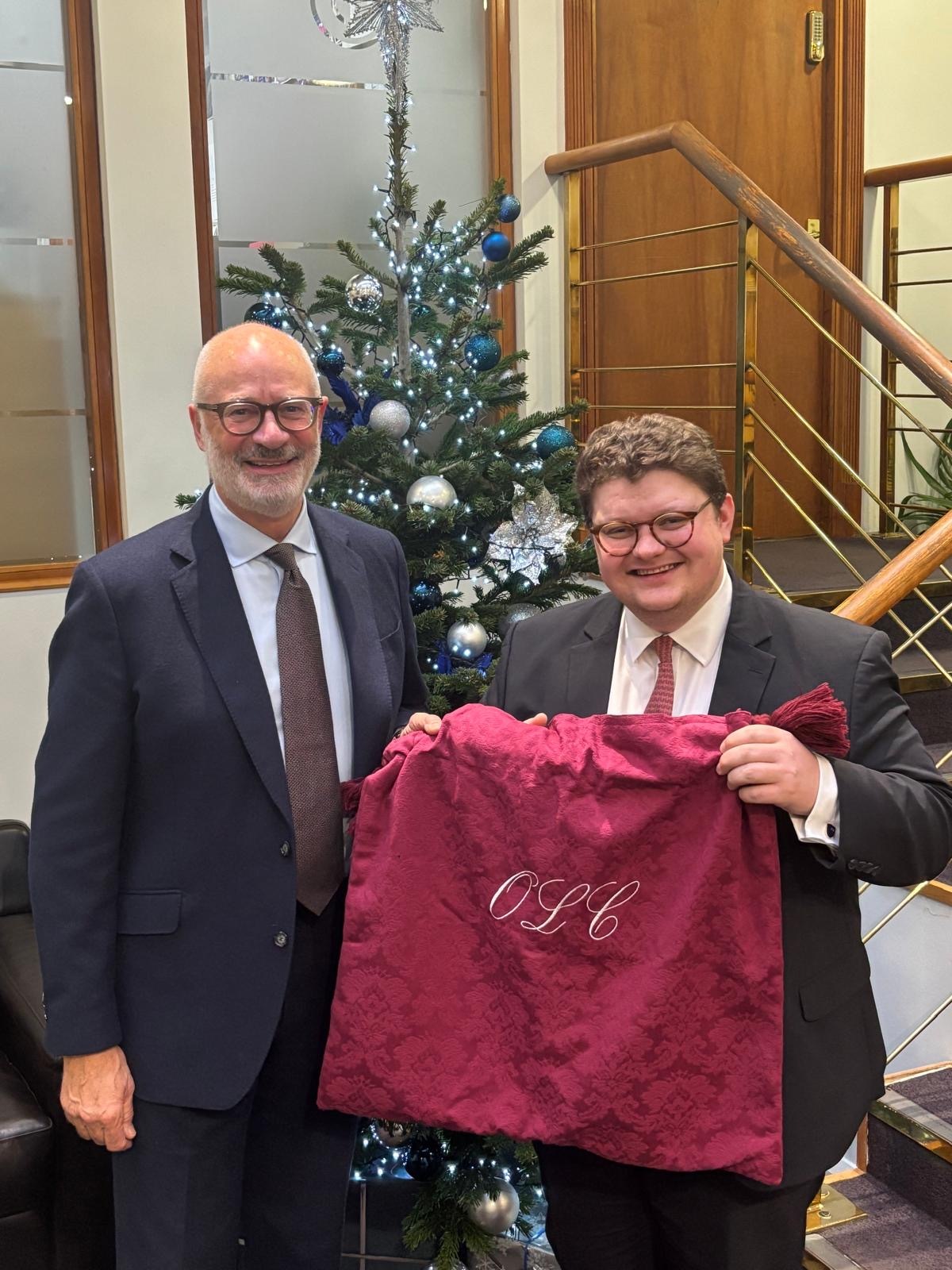Matthew Hooper secures four sets of fixed costs: Malicka & Ors v Aviva Insurance Limited
FOUR CLAIMANTS – FOUR SETS OF COSTS: JUDGMENT ON FIXED COSTS REGIME
In Malicka & Ors v Aviva Insurance Limited [2022], HHJ Hedley decided that where there are four claimants in proceedings for damages arising from a road traffic accident to which the fixed costs regime within Part IIIA of CPR 45 applies, each such claimant is separately entitled to the fixed costs set out in Table 6B, including the advocacy fee.
The case:
Four claimants pursued claims for general damages for personal injury and other associated losses arising from a road traffic accident which occurred on 3rd November 2018. The defendant admitted breach of duty but denied causation. The matter came before HHJ Hedley sitting in the County Court at Leicester on 18th December 2022. HHJ Hedley found in favour of all four claimants.
The Judge was then required to determine whether one or four sets of fixed costs were payable by the defendant. The Judge determined the issue in favour of the claimants.
The Judgment:
“The issue which I have to determine is the question of the principle of the costs under the fixed costs regime. In this case there are four claimants. On behalf of the claimants, Mr Hooper submits that, having regard to CPR 45.29C, and in particular Table 6B, the claimants are each entitled to recover fixed costs in accordance with that table. In effect, that means the claimants would recover four separate sets of costs, whereas if there had been only one claimant there would be only one.
Miss Ross, on behalf of the defendant, says this would be an unjustified windfall. She says only one set of fixed costs should be awarded. She points to the position under CPR 45.40 as a comparator. In cases to which the protocols under part 45 do not impose a fixed costs regime, the fast track trial costs are fixed in accordance with the provisions in accordance with CPR 45.38 and 45.40. CPR 45.40 says that where the same advocate is acting for more than one party, the Court may make only one award in respect of the fast track trial costs payable to that advocate, and the advocate’s fee is determined by the totality of the damages awarded to the claimants. Under that regime, only one set of fast track trial costs is payable to the advocate who appears.
However, Mr Hooper says, as interesting as that argument is, it is not on point because CPR 45.29C sets out a clear and self-contained regime. One notes that under section D of Table 6B, trial advocacy fees are also fixed there. So, he says, the provisions with regard to CPR 45.40 simply do not apply in these circumstances and consequently the fact CPR 45.40 deals with the position of multiple claimants is not of application here.
In my view, if the drafters of the fixed costs regime had wanted to incorporate those rules, it would have been comparatively straightforward to do so.
But moreover I am not making this consideration completely in the dark. There are two authorities cited to me. They bear on precisely this issue. The first is Neary & Neary v Bedspace [2015]. HHJ Pearce handed down a reserved Judgment dealing with precisely this point. As he sets out, that was a road traffic case. In paragraph 3 of his Judgment, HHJ Pearce says, “The main issue that arises is whether, on account of there being two Claimants, each Claimant is entitled to recover the fees set out in Table 6B to CPR 45.29B (as the Claimants contend) or whether the claim is to be taken as a whole, allowing only a global award of costs (as the Defendant contends). The difference that this makes to the amount of costs is that, if the Claimants' argument is correct, they are entitled to the fixed sum of £2,655 and the trial advocacy fee twice over, whereas if the Defendant is correct, they are entitled to the fixed sum and the advocacy fee only once jointly. The 20% uplift and the disbursements would amount to the same figure on either analysis, since the 20% would apply either to each individual award of damages or t other total award of damages; and the disbursements are in any event apportioned to each case.” He concluded there was no definitive answer to whether there was a windfall, but it operated both ways. He went on to consider that the correct answer can be discerned from the wording of Table 6B. Under the protocol it is not possible to include a claim for more than one injured person. Throughout the protocol the assumption is that a single claimant is involved. He therefore allows fixed fees and advocacy fees for all claimants.
A similar result was reached in the case of Melloy & Pearce v UK Insurance [2022] heard by HHJ Glen in Portsmouth on 22nd February 2022. Precisely the same issue was raised. Judge Glen within his reserved Judgment handed down on 25th February 2022 sets out all of the relevant rules. His discussion at paragraph 7 says, “The answer to this issue must be derived from a construction of the relevant Rules against the context of the purposes of the Protocol and the fixed costs regime. Mr Whatley suggested that to award two sets of fixed costs would result in a windfall to the Claimants’ Solicitors out of all proportion to the actual additional work involved in representing more than one client. Whilst that may be so, it is of the essence of any fixed costs regime that there will be swings and roundabouts. The outcome cannot inform the construction except in the most exceptional case (as in Qader v. Esure Services Ltd. [2016] EWCA Civ 1109).” He, in short, came to precisely the same conclusion as Judge Pearce.
This case is different to both those cases, in that in this case the magnitude of the windfall is amplified by the fact there are four claimants. Consequently, adopting the discussion of Judge Glen, the potential windfall is all the greater in terms of the work which would be undertaken potentially being out of proportion. But in my judgment the fact there are more than two claimants cannot inform a different construction or outcome. This is a more extreme case than either faced by Judge Pearce or Judge Glen, but in my judgment this does not justify a different interpretation of the rules.
Where the rules in one place (at CPR 45.40) say more than one claimant means no more than one fee, that is not replicated in the rules on the fixed costs regime. I adopt Judge Pearce and Judge Glen’s reasoning. The absence of this reference is a further indication of the intended rule. This is part of the swings and roundabouts of the fixed costs regime. Therefore the fixed costs regime applies to each claimant.”
HHJ Hedley accordingly awarded four sets of fixed costs, and four individual advocacy fees.
*Note: the record of Judgment set out above reflects a note of HHJ Hedley’s ex tempore Judgment contemporaneously recorded by Mr Hooper during trial. Accordingly, the verbatim accuracy of this record cannot be 100% guaranteed.
Also Recently
-
James Paterson obtains a finding of fundamental dishonesty
James Paterson obtains a finding of fundamental dishonesty in a claim in which the Court adjudicated there was ’no justification’…
Jan 14
-
Tim Horlock KC presents Oliver Carr with Red Bag
Tim Horlock KC presents Oliver Carr with Red BagThe red bag, used to carry the wig and gown, is traditionally…
Dec 05












